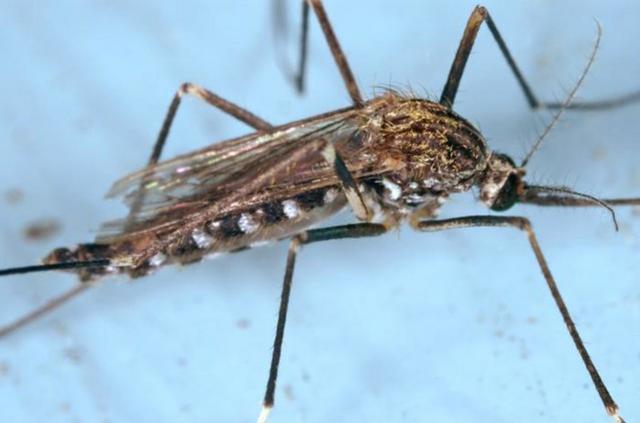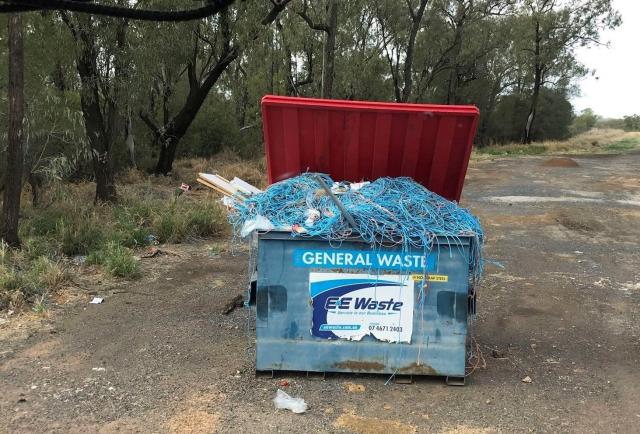New research has highlighted the serious risk posed by Japanese Encephalitis, which is spread by mosquitos carrying the disease.
The review of evidence, published in the Australian and New Zealand Journal of Public Health, comes ahead of the Easter long weekend, with many Australians heading into areas affected by the disease, including Northern Victoria and along the Murray River.
The article’s co-author, Deputy Chief Health Officer at the Department of Health Deborah Friedman, said the review reinforces that the illness poses a serious health threat.
“Australians are largely vulnerable to Japanese Encephalitis because they typically have not had prior exposure to the virus. Prior to 2022, the disease was found in the Torres Strait, Papua New Guinea and in Asia with only a small number of cases acquired in far north Queensland in the 1990s,” she said.
“However, locally acquired cases of the disease were reported in South-Eastern Australia in March 2022. In this study, we investigated whether there was evidence of JE infection among populations exposed to the disease for the first time. It is a rare but very serious health concern.”
Of those infected with the disease, one in 100 will develop an illness, including a serious infection of the brain.
The mortality rate for those who develop encephalitis is typically 20 to 30 per cent, while 30 to 50 per cent develop long-term neurological disability following infection.
Ms Friedman said people travelling or living in affected regions should protect themselves from mosquitoes with repellent and wear light-coloured, loose-covering clothing.
“Avoid being outside at peak mosquito times including dawn and dusk and dispose of any stagnant water where mosquitoes can breed,” she said.
“Those who reside in 20 high-risk Victorian LGAs are also now eligible for free vaccination and should get vaccinated.”







